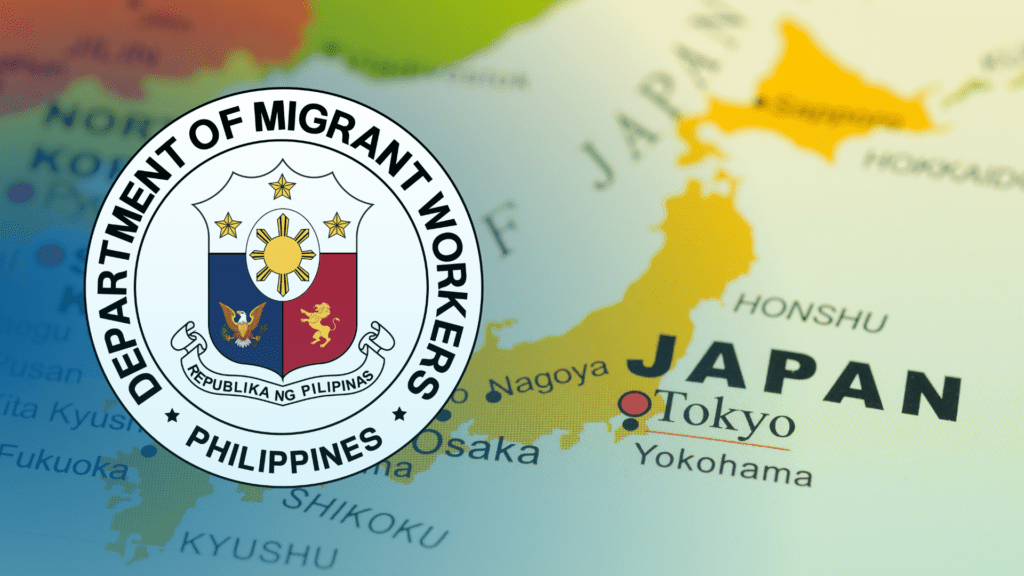Suddenly, Japan seems to have become the sweet spot for tech investments. OpenAI recently opened its new office in the country and released a custom GPT-4 model for Japanese. Microsoft announced it would invest $2.9 billion over the next two years to increase its hyperscale cloud computing and AI infrastructure in Japan.
A few days ago, Google invested $1 billion to boost digital connectivity between the US and Japan by constructing two new subsea cables, Proa and Taihei. These cables will also link to the Pacific Islands, enhancing reliability and reducing latency.
Oracle, too, has announced an investment of $8 billion over the next 10 years to meet the demand for cloud computing and AI infrastructure in Japan. Earlier this year, Amazon Web Services (AWS) announced its plans to invest $15.24 billion in Japan by 2027 to expand cloud computing infrastructure that serves as a backbone for AI services.
Last year, CEO Jensen Huang said his company would do its best to supply its GPUs to Japan amid extremely high market demand.
And while the tech giants make a beeline for Japan, there emerges a clear winner – the Indian tech professionals. Given the demand, Japan is now actively hiring Indian professionals, particularly in the technology and engineering sectors. This trend is driven by the country’s ageing population and labour shortages in various industries.
Can India Fulfill Japan’s Needs?
“I’m glad to see more AI in Japan,” said Llion Jones, the co-founder of Tokyo-based Sakana AI and one of the authors of Google’s 2017 research paper ‘Attention Is All You Need’.
Further, he told AIM that they’ve interviewed a couple of Indian folks. “If you go to sakana.ai/careers, we received only about 33% of applicants from here [Japan], and the rest are from overseas. About 13% of them are from India,” he added.
According to a recent report, Japan aims to expand direct investment and attract skilled tech workers from Southeast Asia and India. Moreover, the country recently announced its plans to introduce new visas to make it easier for Indian and Southeast Asian tech workers to move to Japan.
Japanese Ambassador to India, Hiroshi F Suzuki, extended a warm invitation to Indian students and young people, encouraging them to consider visiting and studying in Japan.
In a conversation with Hindi-speaking YouTuber Mayo San, Ambassador Suzuki said that it is very easy to get a student visa to Japan. He said all you have to do is present a student ID card to get a visa. “I’m encouraging young Indians to go to Japan to get skill training and job opportunities,” he said.
According to the Japanese Ministry of Justice’s 2023 statistics, 46,262 Indian nationals live in Japan, mainly in Tokyo. They primarily work in the information technology (IT) and creative sectors.
Working in Japan— a Humbling Experience
AIM spoke with a few Indian employees working in Japan, who say that their experience has been positive.
“By 2050, about 60% of the Japanese population will be above 50. If this happens, who’s going to generate revenue for them? Moreover, one AI can do the job of two or more people. The country is trying to address these problems,” shared an Indian employee who currently works at Rakuten.
Further, the employee said learning basic Japanese is recommended for Indian employees. At Rakuten, however, the communication happens in English as its official language.
The Rakuten employee also said that Japanese people are very humble and helpful. If they don’t understand English, they make the effort to translate the documents into Japanese.
Further, the employee added that if you are fluent in L3 Japanese, you can become a manager in Japan as well, but he noted that most Indians in Japan work in the tech sector.
Interestingly, 10,000 of Rakuten’s 50,000 employees are Indians and 2,000 work in Japan.
Rakuten recently partnered with OpenAI to create solutions to address the unique needs and challenges of telecommunications operators when planning, building and managing mobile networks.
OpenAI backed-Speak is also pretty popular in Japan.
Another employee who works for an IT firm said that in Japan, there is no hire and fire culture, and the Japanese Ministry looks after the workers. “Every day that you work in an organisation, your timesheet is sent to the Japanese Ministry at the end of the day,” he said.
The Land of Rising AI Indeed
There is no stopping for Japan. The country is focusing on sovereign AI. Recently, Fujitsu Limited and Oracle partnered to offer sovereign cloud and AI capabilities, meeting the digital sovereignty needs of Japanese businesses and the public sector.
Moreover, unlike the EU and US, copyright laws in Japan regarding generative AI are quite lenient, which leads to Japan being called a ‘machine learning paradise’.
According to reports from a committee meeting, Japan’s minister of education, culture, sports, science, and technology, Keiko Nagoaka, indicated that AI companies in Japan can use “whatever they want” for AI training without restrictions based on profit motives, the nature of the activity, or the source of the content, including materials from illegal sites.
With such laws, Japan is definitely an attractive place for AI startups to train their models. Vinod Khosla said, “Japan and India are set to be the next AI hotspots”.

